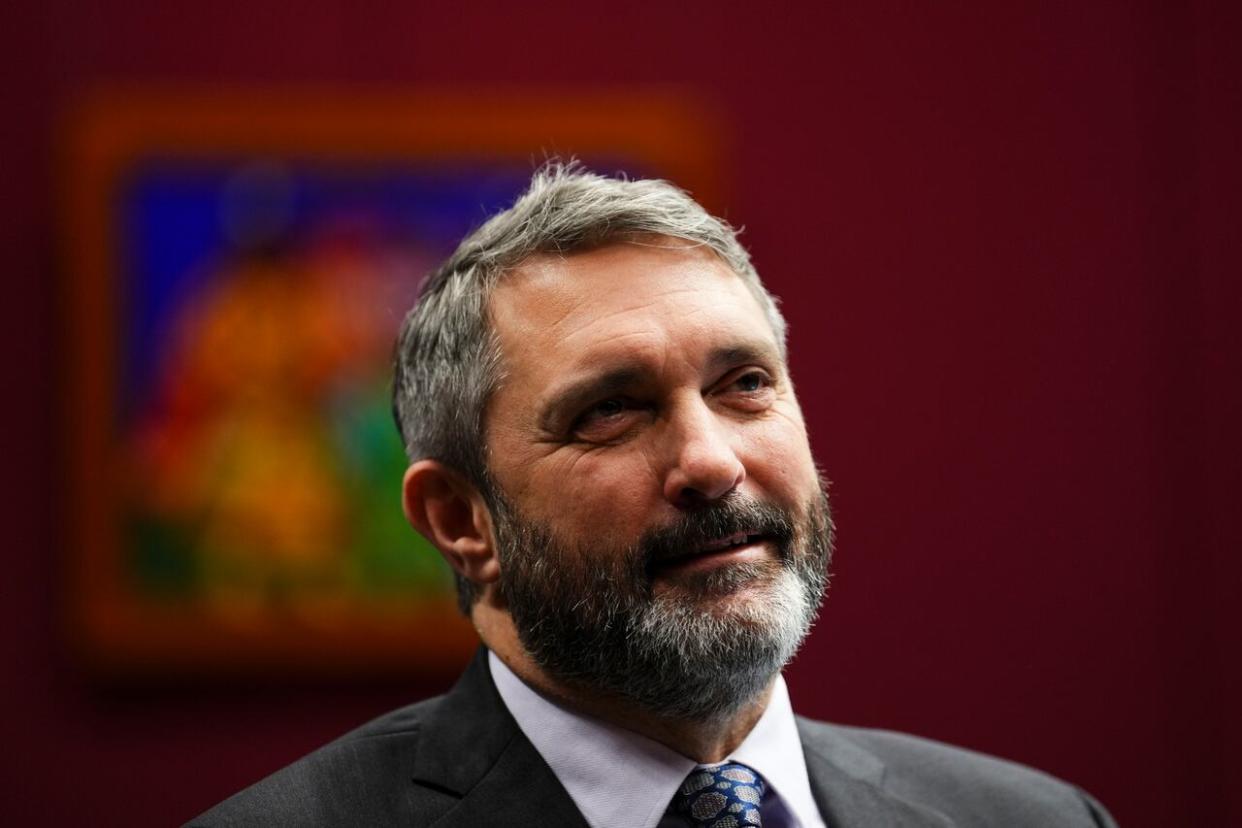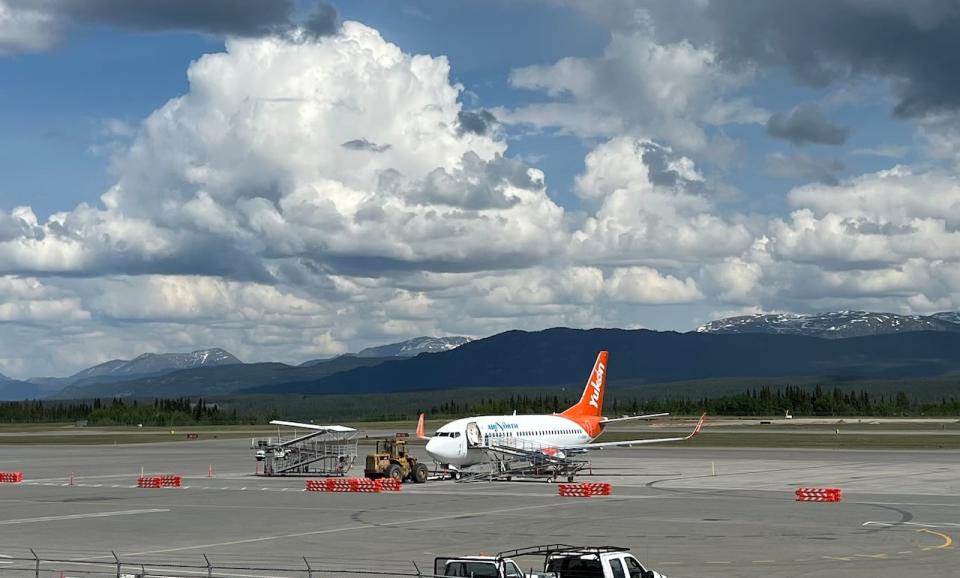Yukon government posts $119M surplus

Revenue, spending and net debt are all up as the Yukon government posted a $119-million budget surplus Thursday.
Finance Minister Sandy Silver delivered the territory's budget speech during the opening day of the spring legislative session. The $2.1-billion budget includes nearly $1.6 billion in program spending and nearly half a billion dollars in capital spending.
"In the year ahead, our government's focus is clear," Silver said. "We're improving life for all Yukoners. We're tackling rising costs of living, investing in health care, education and infrastructure and addressing pressing issues like the climate crisis and substance use health emergency."
The budget includes $30 million in new money for insured health care services and more than $15 million for the Yukon Hospital Corporation, which has been suffering from chronic cash flow problems. It also includes $9.4 million for the creation of a new territorial health authority and $5 million to complete construction of a new mental wellness unit at Whitehorse General Hospital.
There's also nearly $4 million set aside for the substance use emergency, including $1.3 million for a managed alcohol program.
On housing, there's up to $50 million budgeted for capital projects, including new housing projects in Watson Lake and Dawson City, as well as the replacement of the Yukon Housing Corporation's Ryder Apartments, a dilapidated 45-unit public housing building torn down last year.
There are also big plans for infrastructure spending: $75 million for upgrades to the Whitehorse airport over the next three years, and nearly $50 million for the Nisutlin Bay Bridge. And there's more than $20 million dedicated to build or renovate schools in Whitehorse, Burwash Landing and Ross River.
There is also $21.5 million in the budget for the cleanup of Minto Mine.

An Air North plane on the tarmac at the Whitehorse airport in a June 2022 file image. The Yukon government announced $75 million in its annual budget for major upgrades at the airport over the next three years. (Paul Tukker/CBC)
The budget includes modest spending on new energy projects: nearly $17 million for new renewable generation, including research on a proposed grid connection to British Columbia and the completion of a battery storage project in Whitehorse.
There is also more than $28 million earmarked for a suite of climate change initiatives, including energy retrofits, greening government buildings, and climate change adaptation programs.
The RCMP will also get more money from the territorial government under this year's budget, at the urging of the opposition Yukon Party. The RCMP will get $1.7 million in new operational funding, plus another $3.2 million to upgrade detachments. There's $1 million to hire First Nation and Inuit police officers, and $800,000 to combat gang violence.
Two notable omissions from this year's budget include any funding for the controversial Skagway ore dock project, or for the cash-strapped Atlin hydro expansion.
In a pre-budget briefing, finance department officials said further funding for the Skagway project is on hold until the Yukon government and Alaska officials can reach a deal on the ore dock. Finance officials said the dock "remains a priority of this government."
And with no sign of the Atlin expansion beginning construction any time soon, finance officials said the territory won't budget any money for the project in this year's budget, or the five-year capital plan.
Population growth boosts revenue
The $119-million surplus is mostly due to a major increase in funding from the federal government. Core transfers from Ottawa, which are based on population, are up more than $100 million, while recoveries for the federal government for program and capital spending are up nearly $60 million. The Yukon government's own tax revenue also grew by $19.4 million.
Meanwhile, the budget once again includes a $50-million contingency fund to be used to cover unexpected costs such as flood and fire response, or for unanticipated health care spending.
Capital spending remains steady this year at $484 million, while being forecast to drop over the next five years. Finance officials said capital spending is partly responsible for this year's surplus, by creating "tangible capital assets," but also contributes to growth of the Yukon's net debt.
Net debt rises to $488 million this year, peaking in 2026-27 at $521 million, before dropping to a forecast $375 million in 2028-29.


